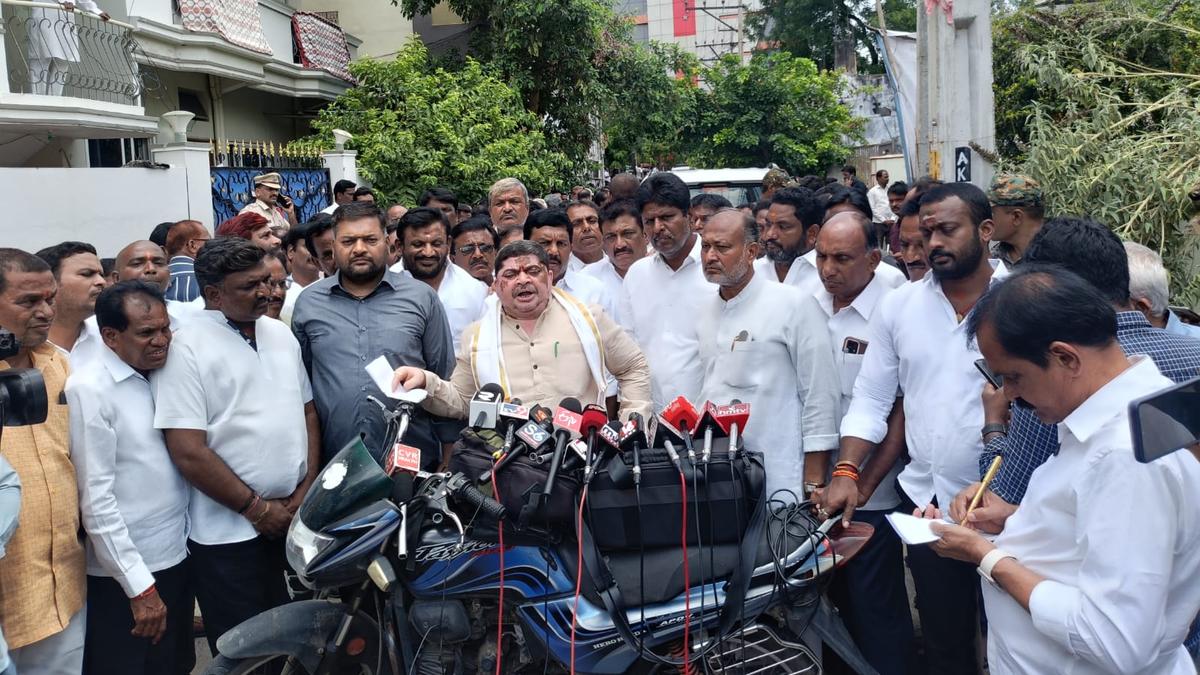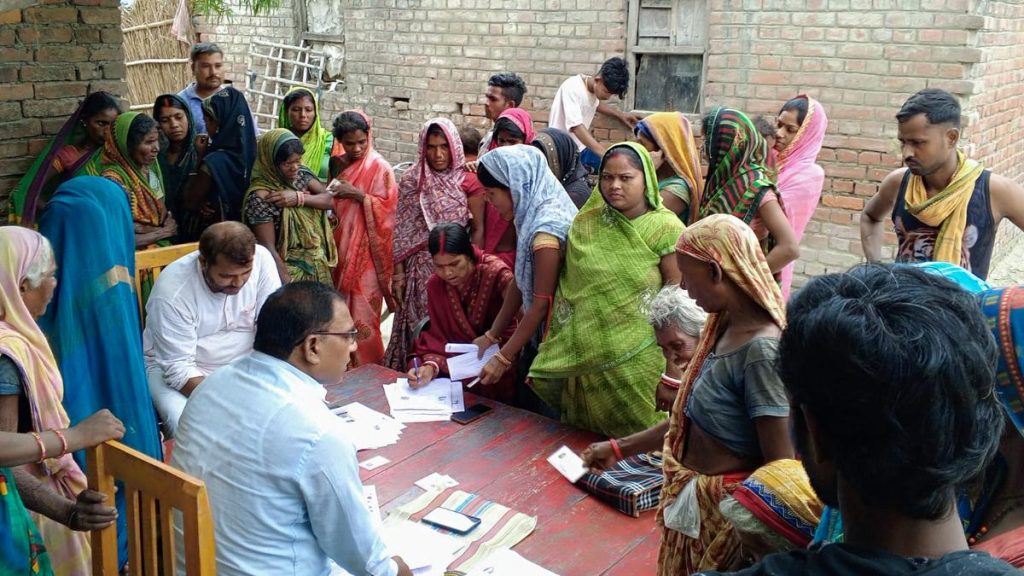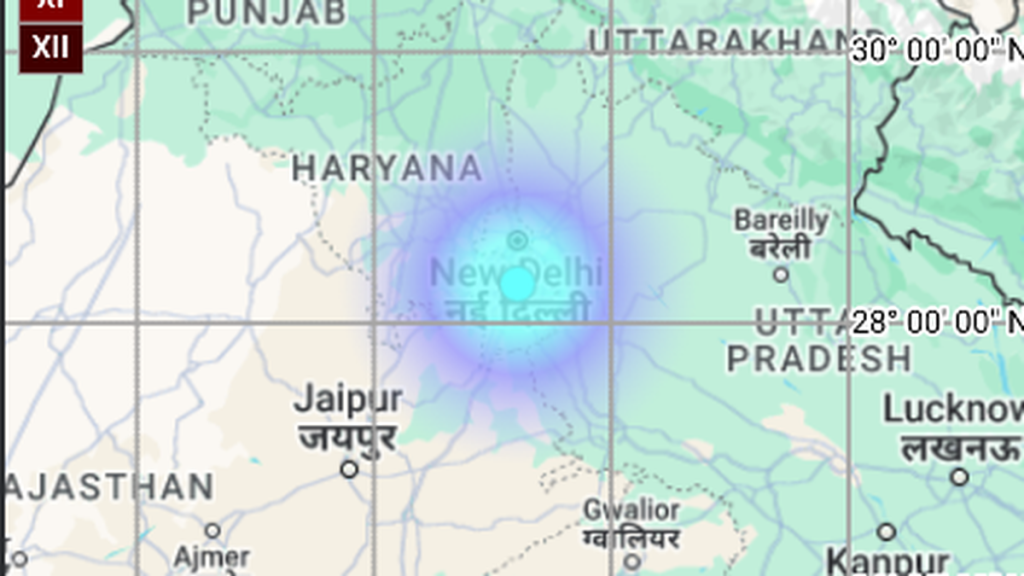Now Reading: Kavitha’s Letter Signals BJP-BRS Alliance: Ponnam Prabhakar
-
01
Kavitha’s Letter Signals BJP-BRS Alliance: Ponnam Prabhakar
Kavitha’s Letter Signals BJP-BRS Alliance: Ponnam Prabhakar

Fast Summary
- Telangana Transport Minister Ponnam Prabhakar alleged that MLC K Kavitha’s letter to her father, BRS chief K Chandrashekhar Rao (KCR), echoed claims previously made by the Congress about a secret alliance between BJP and BRS.
- He reiterated Congress’s assertion that BRS maintained a soft stance toward BJP during its tenure as part of a deliberate political strategy.
- The letter reportedly highlights backdoor deals including mutual support in local body elections and tacit approval of BJP leadership changes-such as the replacement of Karimnagar MP Bandi Sanjay with Kishan Reddy before the 2023 Assembly elections under KCR’s advice.
- Prabhakar criticized recent remarks by BRS working president K.T. rama rao (KTR) while accusing him of being involved in what he termed “BJP-scripted distractions.” He stated that Kavitha’s dissent signals internal issues within the party.
- Ms. Kavitha reportedly raised concerns about KCR being inaccessible to grassroots workers, which Prabhakar cited as evidence of missing democratic values within BRS.
- Senior leaders, including KTR and T Harish Rao, were urged to address allegations regarding collaboration with BJP rather than maintaining silence on issues impacting Telangana, according to Mr. Prabhakar.
- The Minister termed Enforcement Directorate investigations into National Herald as “political harassment.”
Indian opinion Analysis
The revelations from MLC Kavitha’s letter point towards potentially significant internal strife within Bharat Rashtra Samithi (BRS) at both organizational and leadership levels-a concern amplified by senior leader Ponnam prabhakar’s critique during his press conference in Karimnagar. Allegations surrounding hidden cooperation between BRS and BJP could have broader implications for state-level electoral dynamics moving forward if substantiated further or acknowledged formally by key stakeholders such as KCR or KTR.
While political strategy might explain softened stances between rival parties under pragmatic circumstances, these claims also raise valid questions about transparency in governance models operating at regional levels amidst accusations of democratic erosion within party structures themselves-a critical area for reflection among all stakeholders.
Read more: Link
























